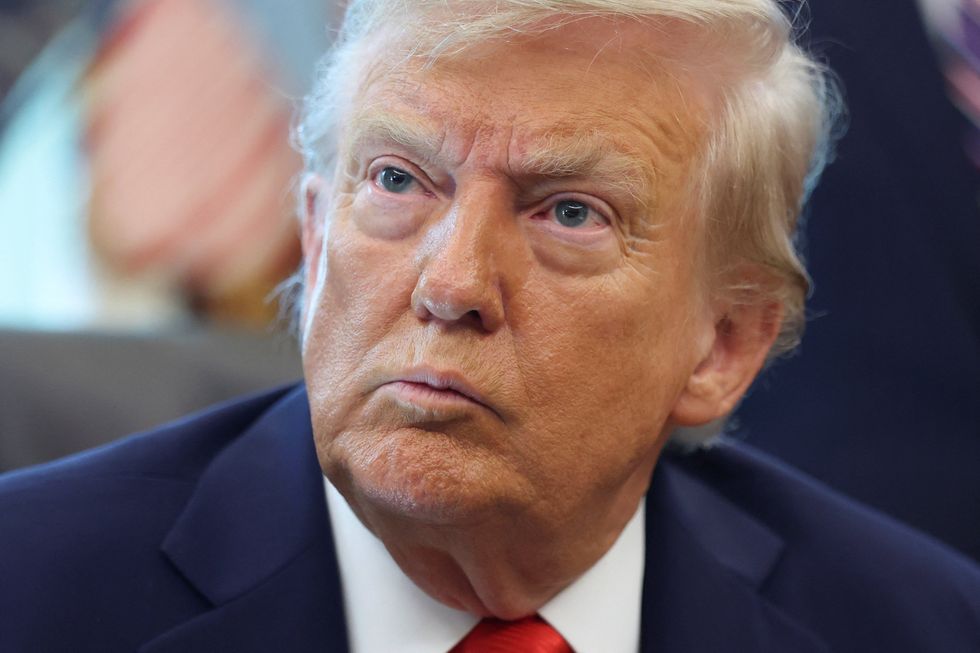
URGENT UPDATE: New reports confirm that employees within the Department of Justice (DOJ) are increasingly alarmed by directives from former President Donald Trump, fearing that complying with his demands could lead them into legal jeopardy. As Trump intensifies calls for aggressive investigations into his political opponents, sources indicate a palpable sense of panic and trauma among DOJ staff.
In a post on Truth Social on Saturday, Trump urged Attorney General Pam Bondi to take immediate action against Sen. Adam Schiff (D-CA), former FBI Director James Comey, and New York Attorney General Letitia James, whom he incorrectly referred to as “Leticia.” Trump asserted, “They’re all guilty as hell, but nothing is going to be done,” further declaring, “Justice must be served now” in all-caps.
NBC News reporter Ken Dilanian emphasized that the current atmosphere at the DOJ is more concerning than during Trump’s first administration. “We’ve never been here before,” Dilanian stated, highlighting the unique pressure faced by veteran employees who have operated under traditional norms for decades. He noted that many are either resigning or feeling “traumatized” by the shift in prosecutorial ethics.
Former New York assistant district attorney Catherine Christian criticized the current situation, stating that it is highly unethical for prosecutors to target individuals solely based on personal vendettas from a superior. “To just go after people just because they are perceived to be an enemy of the person who appointed you is just not what you do as an ethical prosecutor,” she remarked.
As the pressure mounts, many DOJ staffers are caught in a dilemma: comply with Trump’s demands or risk losing their jobs. Some have already resigned, while others are left with a chilling realization that saying “no” to Trump might lead to immediate termination.
The implications of these developments extend beyond individual careers. The integrity and reputation of the DOJ hang in the balance as employees fear a shift from justice-based prosecutions to politically motivated actions. The urgency of the situation is underscored by Dilanian’s commentary on the broader implications for various types of cases, including antitrust and corporate monitoring.
As this story evolves, observers are urged to monitor how DOJ officials will navigate the complex landscape created by Trump’s latest orders. Legal experts suggest that any defense claiming coercion will hold little weight in court. “Saying, ‘My boss made me do it,’ doesn’t play,” Christian concluded, emphasizing the ethical responsibilities of prosecutors.
Stay tuned for further updates on this developing story as the DOJ grapples with the ramifications of Trump’s aggressive demands. The unfolding drama has the potential to reshape the landscape of political and legal accountability in the United States.






